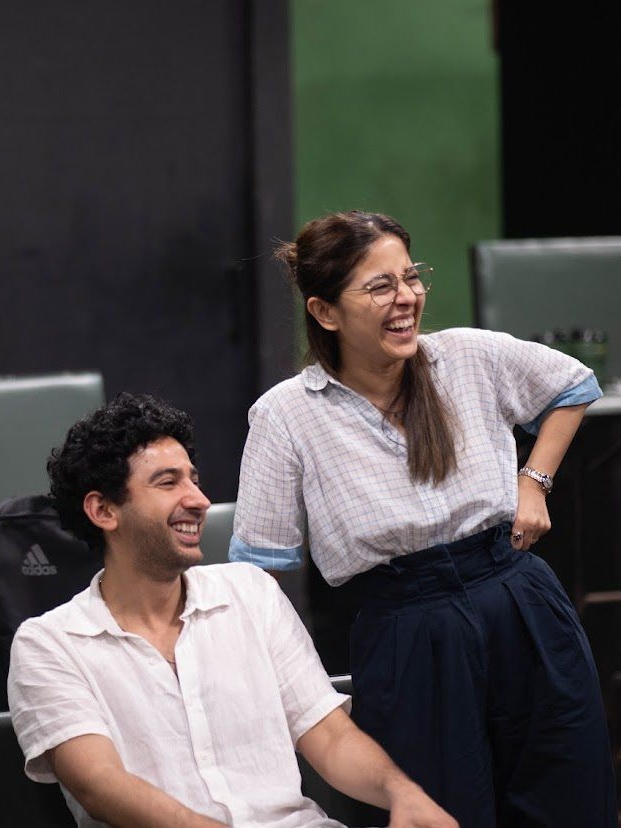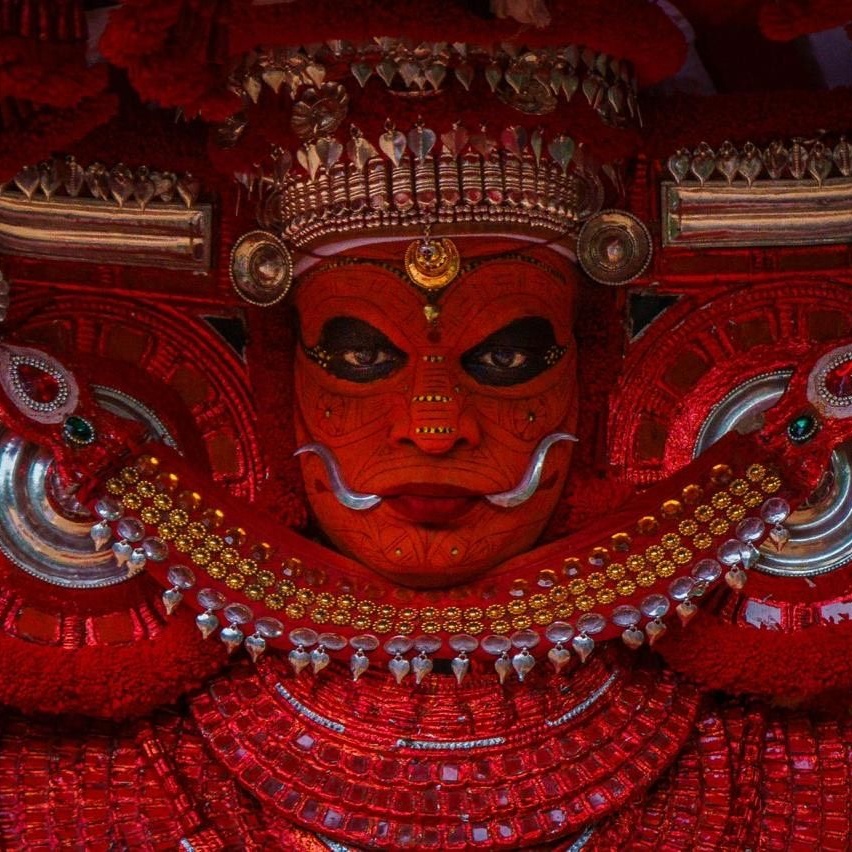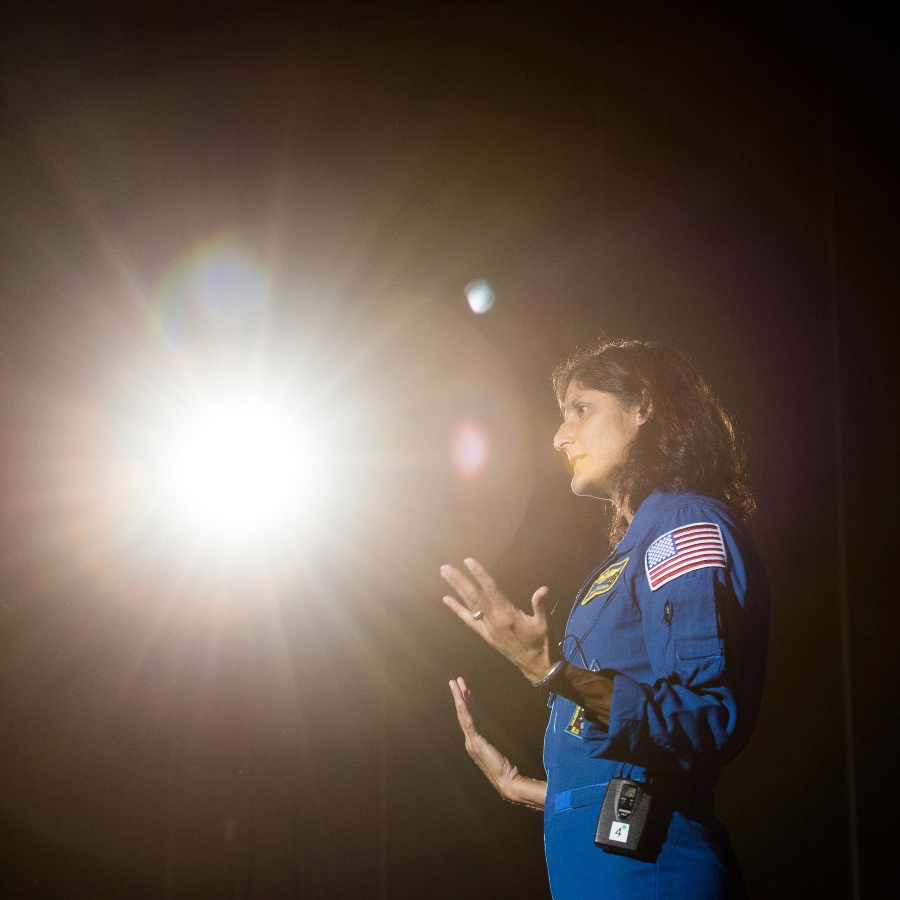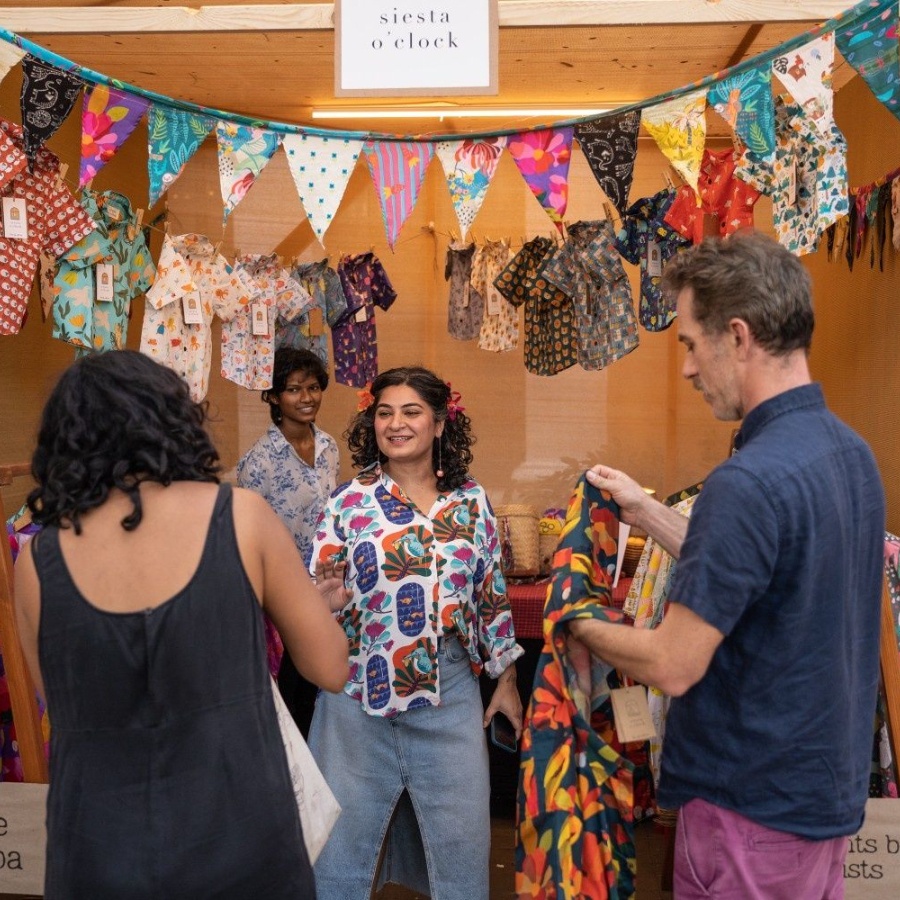Most often, love refuses to stay in the neat, labelled boxes we’ve made for it. And identity isn’t a fixed point but a shapeshifting blur of desire, memory, and fear. These are some of the observations that Cock, Mike Bartlett’s emotionally charged, uncomfortably hilarious play, presents loudly and unapologetically.
And now, 15 years after its Indian debut at the youth theatre festival, Thespo, Cock returns to the stage. Directed by Manish Gandhi and produced under actor Shweta Tripathi’s theatre company, AllMyTea, the new production premieres on June 6 in Delhi and June 10 in Mumbai, marking Pride Month with something richer than rainbow tokenism: a live-wire, queer narrative that asks the audience to sit with discomfort and, maybe, grow from it.
This isn’t a polite, packaged play, it's raw, real and right there in front of you. It’s staged without props or elaborately stylised sets—just live music and four bodies in emotional combat. The cast, which features Rytasha Rathore, Tanmay Dhanania, Sahir Mehta, and Harssh Singh, embody characters who are brittle, furious, funny, and desperately human.
The plot goes like this: John, a man in a long-term relationship with another man, finds himself falling for a woman. It’s not a love triangle, it’s a crisis. Of identity, of sexuality, of desire, of self-understanding. And it plays out with the kind of ferocious intimacy that makes you laugh and wince at the same time.
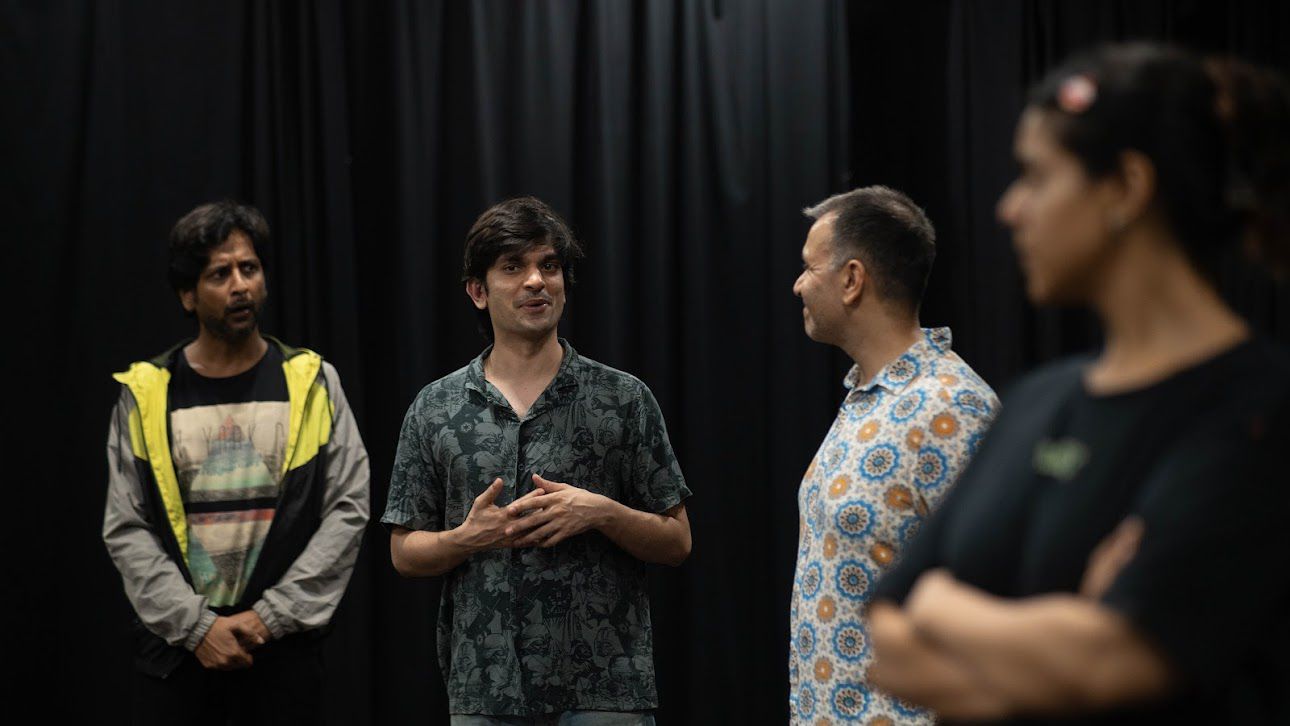
For Tripathi, known for roles in Masaan and Mirzapur, bringing Cock back to Indian audiences isn’t just about staging a brilliant script. It’s also personal. “We performed this play when I was just starting out 15 years ago. Back then I worked on the lights,” she says. So, when the opportunity came to revisit it, she didn’t hesitate. “I’m a highly emotional person. Anything that I have an emotional reaction to, I like to respond to that.” She remembers re-reading the script recently, post-rehearsal. “I was sitting in the car, reading the text again, and I started laughing out loud. Because I know these people. I have such wonderful gay friends. And I love them. They’re intelligent. They’re sensitive. They’re caring.” But as the pages unfolded, so did a deeper purpose.
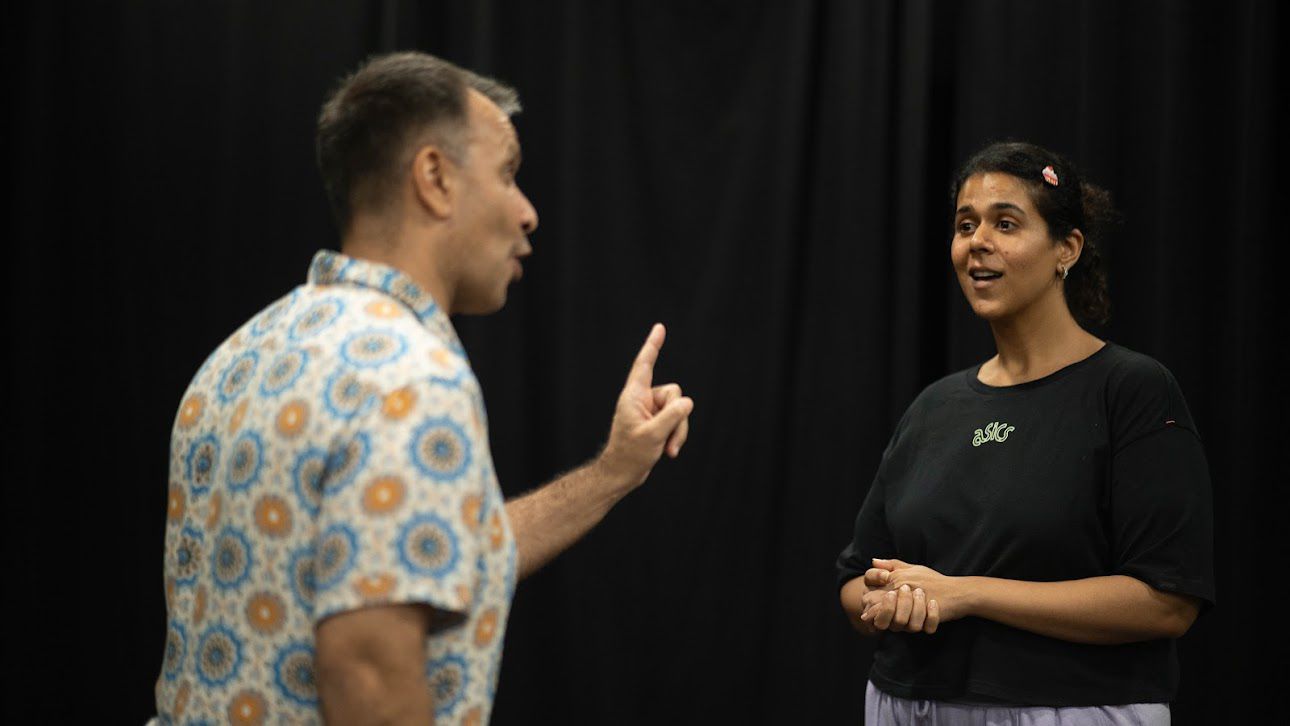
'Cock' follows John, a man in a long-term relationship with another man, who finds himself falling for a woman
“I really believe that I want all of us to raise the barrier of human emotions,” she explains. “Let’s be more sensitive towards each other. Let’s listen. Let’s go beyond I, me, myself. I want to focus more on the us, on the we, on the community.” And John’s story of confusion, confrontation, and connection is her vehicle to do just that.
Cock doesn’t offer tidy answers or preach easy messages. It dares to dwell in uncertainty. And that’s precisely what makes it feel so current even as we claim we’ve “come a long way” with queer representation. As Tripathi puts it: “The queer community deserves more than cameos. They deserve whole, messy, beautiful stories. And they deserve them told with care.”
That care is evident in this production. Tripathi made it a point to collaborate with queer creatives—her director, designer as well as consultants from Gaysi Family, a community platform for desi queers. “I’m not from the community, and that comes with responsibility,” she says. “That’s why I brought people on board who do have that lived experience. I’m here to support, to hold space. To listen.” And she’s fiercely vocal about allyship. Not as a performance, but as a daily choice. “I want everyone to be an ally. Not just in June. Not just online. We all need allies in life. We all need someone to have our back. That’s what this play is about too. About showing up for each other, even in the mess.”
